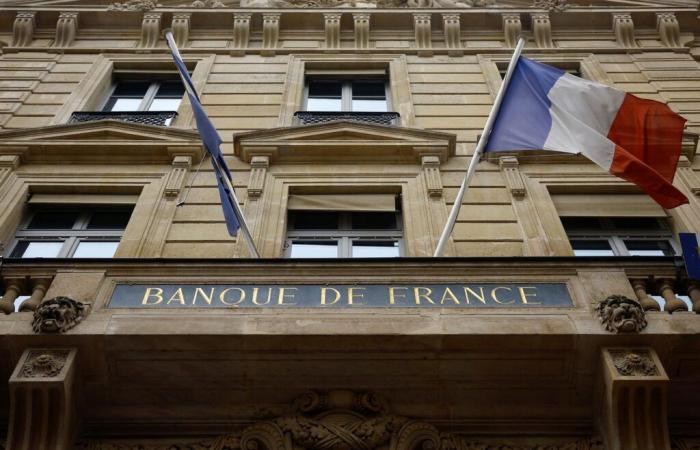QWho said that the economy is largely uncorrelated with political agitation? That it lives its own life, at least in a capitalist system where market laws prevail and where actors can largely abstract themselves from state decisions? After all, Spain is the best performing country in Europe… without a budget for a year. The axiom was not verified in France: the year 2024 was weighed down by an unprecedented regime crisis under the Ve Republic, and 2025 opens in a climate of uncertainty that the appointment of François Bayrou as prime minister has not dissipated. Economic actors demanded stability and visibility, they obtained neither.
Companies know how to face multiple risks, or at least prepare for them. Facing new competitors, negotiating a social movement, cushioning the surge in raw materials or energy is their daily bread. They are increasingly seeking to protect themselves against systemic threats, a cyberattack, a financial crisis or geopolitical tensions, which are their primary concerns, and they are adapting to climate change. But how can we predict a “black swan”, an unpredictable event with devastating effects like the Covid-19 pandemic, which took governments (minus public health experts) by surprise?
A century ago, American economist Frank H. Knight theorized the distinction between risk and uncertainty in his work Risk, Uncertainty and Profit (1921). The first can be the subject of probability calculations, even if they do not always give exact results; measurable, it thus becomes controllable. The second, uncertainty, is characterized by a lack of information or experience of economic agents; it prevents them from considering the future, rendering decision-making tools ineffective and challenging the art of forecasters.
The machine is slipping
At the dawn of 2025, rarely has the economy accumulated so much risk and “Knightian” uncertainty, the difference sometimes being tenuous between the two. Above all hovers the threat of climate change and its procession of catastrophes; that of a health crisis more devastating than the previous one; that, more predictable, of a global war of customs tariffs launched by Donald Trump, as in the 1930s, and affecting growth; without forgetting an invasion of Taiwan by China with incalculable repercussions on world trade, a scenario as “uncertain” as was the invasion of Ukraine by Russia.
You have 57.81% of this article left to read. The rest is reserved for subscribers.
France






